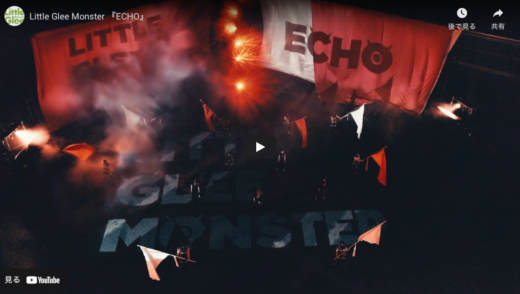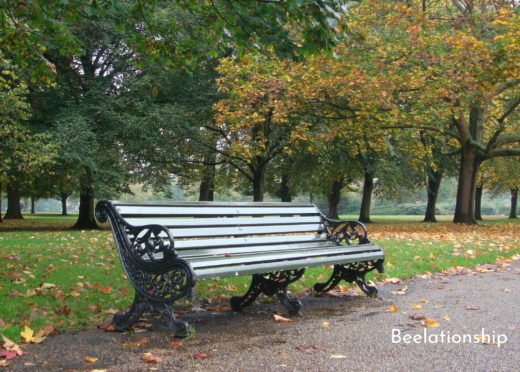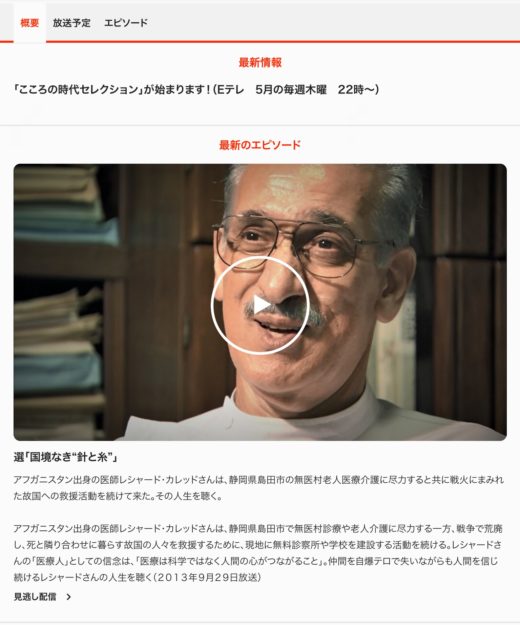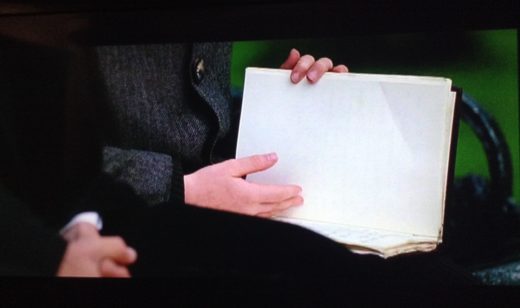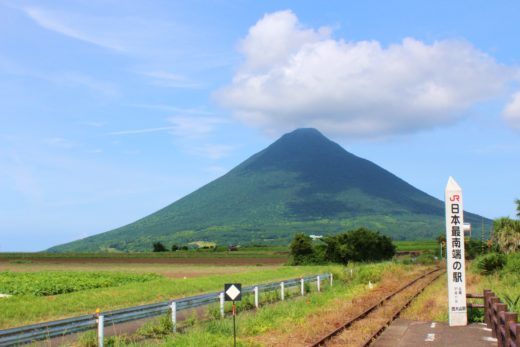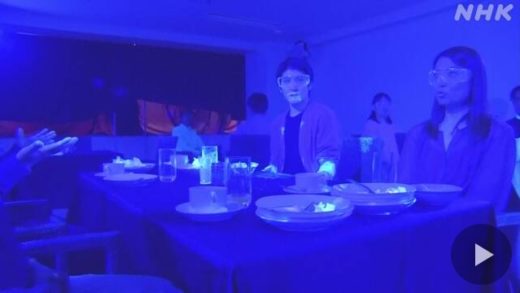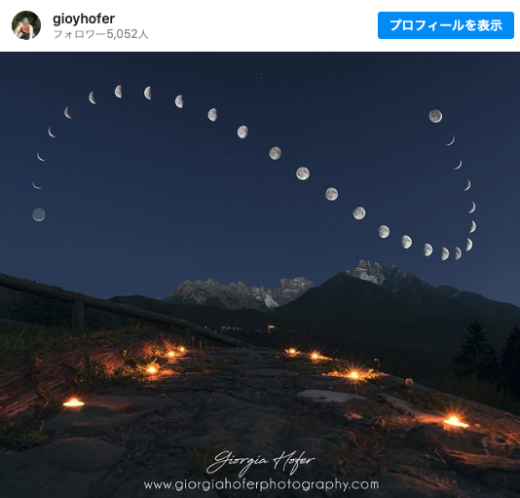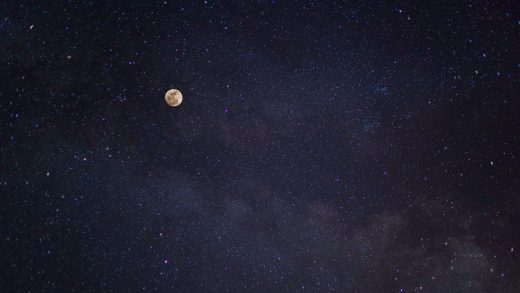Conflict in Hong Kong has been happening since 2019, and the one in Burma/Myanmar since February 2021.
The coast guard law in China, which allows its coast guard agency to use weapons, has been adopted in February 2021.
Hate crimes against Asian Americans has occurred in the United States.
Hachi is on the way of learning modern history in Asia, and not fully prepared to focus on these issues, but she felt it became harder to keep silence rather than following what was going on.
Therefore, she would like to write down her thoughts from a foggy viewpoint.
Hachi heard that China and Russia were talking about the Japan’s viewpoint toward human rights during the war as well as history of the atomic bomb between Japan and the U.S..
Some people said that was the past, and it was pointless to bring them back.
However, Hachi felt the points above were important and hidden ones.
Why does she think so?
(Even though Hachi does not think money resolve women’s sorrow and hurt during the war, Japan-South Korea Comfort Women Agreement cannot be destroyed if money was transferred once: the declaration happened in reality level.
However, Hachi can imagine that deep sorrow or hurt like PTSD doesn’t have a sense of time.
Those could be coming back here and now even if those happened many years ago.
Therefore, these issues might have to be unfolded at a different suitable level and a different suitable place.)
Similar atmosphere
Since 2016, Hachi had been feeling that atmosphere in Japan was slightly similar to the one when World War II happened: the Japanese government was clearly eager to strengthen its military power. (Now, she feels the atmosphere is slightly changed.)
If she calls the atmosphere a ghost, she has been feeling that China has been haunted by the ghost lately.
She is mad at the situation in Hong Kong or the suspicious issue about human rights even though China says those are the issues inside of the country.
However, if China is haunted by the ghost, which says it wants to make things and people control as it wants under the name of “prosperity” or “protection”, Hachi feels it is not only China’s responsibility, but also Japan’s responsibility as well at a certain hidden level; Japanese army used to invade China.
There are elderly Japanese people who say Japanese army should not have done that.
From Hachi’s viewpoint, the atmosphere which covers China now is similar to the one which used to cover Japan from late 1880s to 1945, when Japan kept winning several wars, fighting against China and Russia, and trying to spread its own viewpoint of “prosperity” in Asia, until it lost World War II.
The possible reason why the Japanese government at that time was eager to fight against other countries was that they were upset, feeling that Japan was not enough until it looked like western countries, or that it was looked down on by western countries, or perhaps a modern “suburb vs. urban” issue might be included.
Therefore, the Japanese government at that time seemed to try to show itself bigger than other countries by trying to beat other countries.
That is Hachi’s opinion, and Hachi felt sorry about its arrogance.
(How can we overcome our inner critic?)
Reenacting the suffering situation
Russia mentioned the issue of the atomic bomb between Japan and the U.S. in the context of human rights lately.
When Hachi heard that, she suddenly thought of a possible reason why Japan was using nuclear power even though Hiroshima and Nagasaki were severely destroyed by the atomic bombs: there might be a human tendency that they want to understand what attacked them.
Then, she remembered what she heard lately: some victims of sexual abuse reenact the same situation which damaged him/her.
They said they felt comfortable rather than imagining the different pattern. (which is heartbreaking.)
Can we see inside of ourselves?
Hachi has been hearing and worried about hate crimes against Asian Americans in the U.S..
It is awful to be pushed suddenly from behind on the street or some people attacked on Asian Americans’ faces.
Hachi was especially shocked to see a 94-year-old Asian American man in Oakland, California, was pushed down suddenly from behind by an African American young man, and fell on the street from his chest.
Was the elderly man alright…? He barely moved except his left hand……
The act of pushing down the elderly man is beyond tolerance.
It is not acceptable as a human.
Hachi wondered the African American man knew that, once elderly people broke their bones, it would affect the ability to walk, and that could affect to their lives.
She does not mean to be a nice person at all, but in the context of this chapter, a life of the African American man treated him like that?
There might be an invisible system
Hachi feels these issue are beyond her capability at the same time.
She needs to know and gain experiences much more about that.
Therefore, she worked on what she needed to do at a given moment while she was listening to the situation in Asia and Asian Americans.
At the same time, she experienced that the pain in Ito’s lower back was loosened when Hachi gave a massage to Ito’s leg.
That reminded of Hachi that there was an invisible connected system in our body and helpful tapping points such as the meridian system and acupuncture.
So might be our collective consciousness.
Then, she thought she might be able to do Inner Worldwork as much as she could.
It is because inner turbulence in our collective mind could affect the weakest part of our society.


